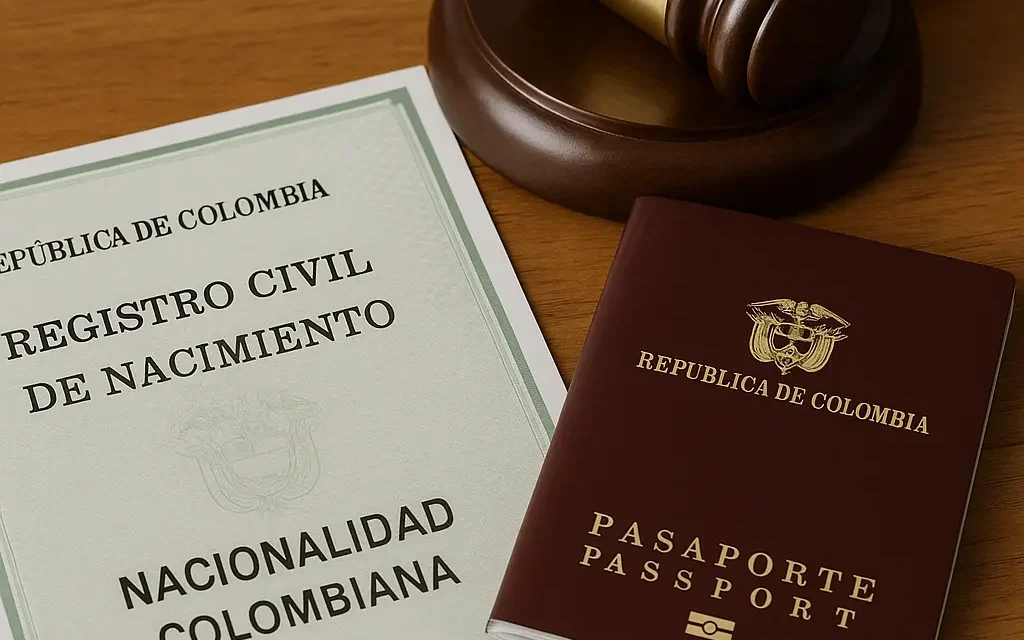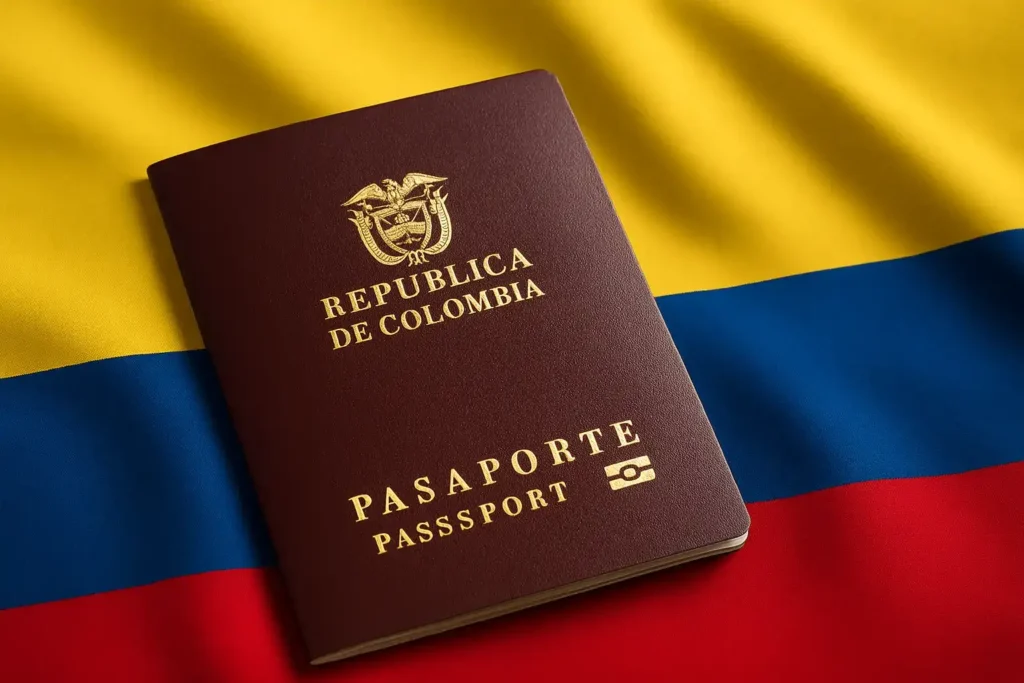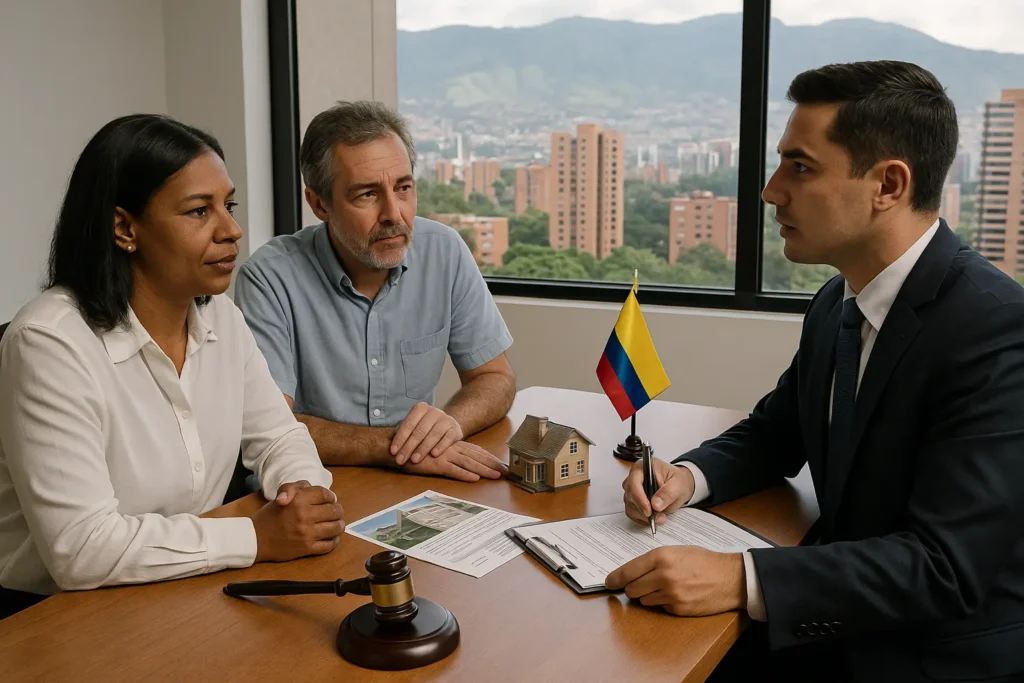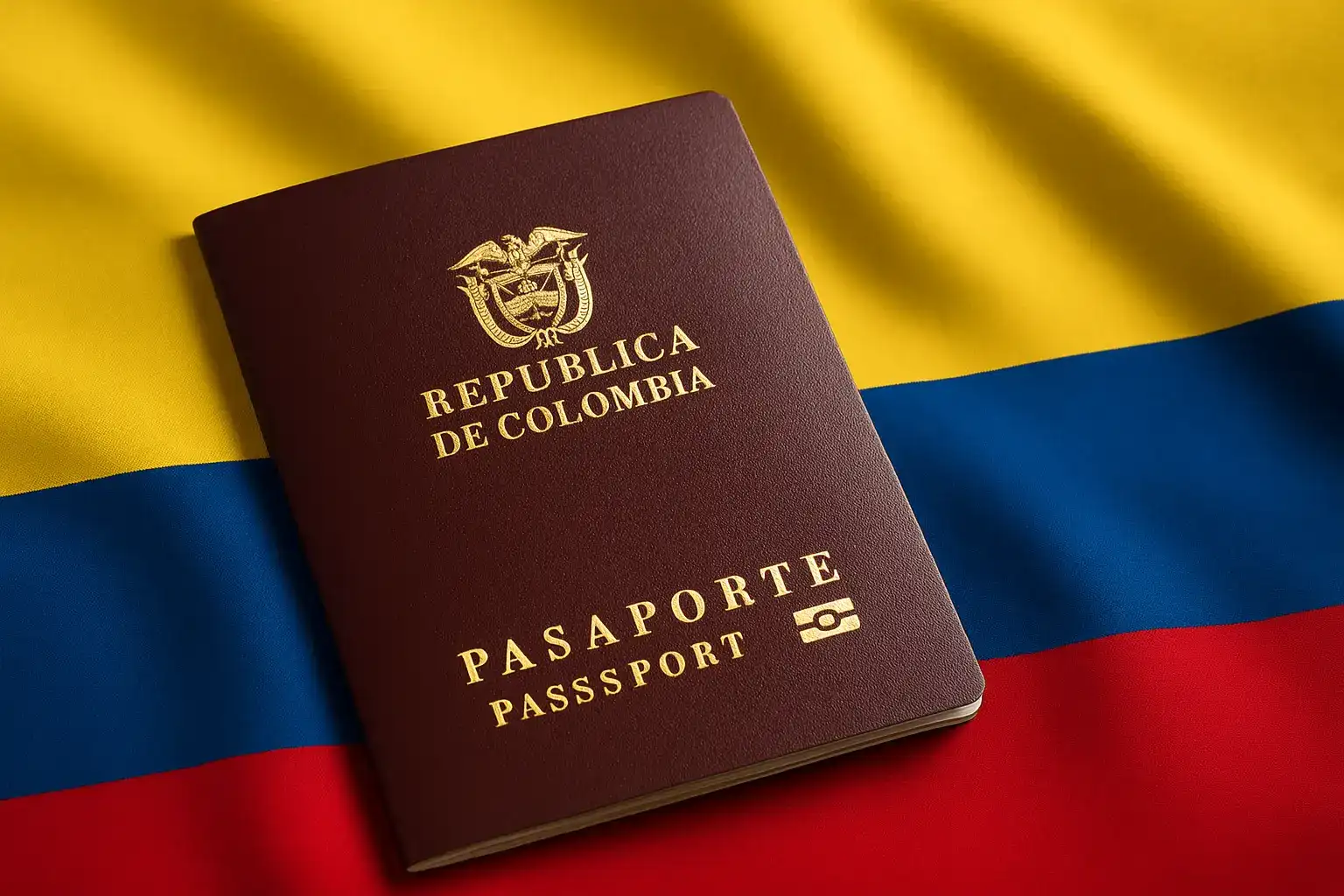Thinking about retiring in Colombia? With its low cost of living, world-class healthcare, and breathtaking natural beauty, Colombia is quickly becoming a top choice for international retirees. Whether you’re drawn to the mountain cities, Caribbean coast, or coffee region, the Colombia retirement visa offers a legal pathway to long-term residency in this vibrant country.
But before you pack your bags, it’s crucial to understand one key element of the relocation process: how Colombia retirement visa taxes may affect your income. From global tax obligations to possible exemptions, understanding the financial landscape is essential for a stress-free retirement abroad. In this guide, we’ll walk you through everything you need to know.
What Is the Colombia Retirement Visa?
The Colombia Retirement Visa, officially known as the M-11 Visa, is a type of Migrant Visa designed for foreign nationals who receive a stable pension or retirement income. It grants the right to reside in Colombia for up to three years, with the option to renew or apply for a resident visa later.
This visa is ideal for retirees looking to enjoy Colombia long-term, but it’s important to understand that holding a retirement visa does not automatically make you a tax resident. However, if you spend more than 183 days in Colombia within a 12-month period, you may be considered a Colombian tax resident—which brings additional obligations regarding your global income.
Who Qualifies for the Colombia Retirement Visa?
To qualify for the Colombia retirement visa (Type M-11), applicants must meet specific legal and financial criteria. These requirements ensure that retirees have the means and documentation necessary for long-term residence in the country:
- Proof of Pension or Retirement Income:
You must demonstrate a stable monthly income equivalent to at least three times the Colombian minimum wage. Accepted sources include Social Security benefits, government pensions, annuities, or private retirement plans. The exact income threshold changes annually, so be sure to consult a legal advisor for the current amount. - Clean Criminal Record:
A background check is required from your country of origin and any countries where you’ve resided in the past three years. This ensures applicants meet Colombia’s legal and security standards. - Health Insurance Coverage:
You’ll need to show proof of valid health insurance that covers you while living in Colombia. This is mandatory during the visa application process and must remain in effect while holding the visa.
Tip: Having all documents properly translated and apostilled will help prevent processing delays.
Understanding Colombia Retirement Visa Taxes
While the Colombia retirement visa grants legal residence, it may also trigger Colombia Retirement Visa Taxes obligations, especially if you stay in the country long enough to be considered a tax resident. Unlike a tourist visa, long-term stays can affect how your global income is taxed—even if your pension is earned abroad.
For this reason, it’s crucial to understand how Colombian tax residency works and how it may impact your retirement finances. From income thresholds to double taxation treaties, staying informed can help you avoid surprises and plan strategically.
Tax Residency in Colombia: The 183-Day Rule
Colombia uses a clear threshold to determine tax residency. You’re considered a tax resident if you spend more than 183 days in Colombia within a 365-day period, whether those days are consecutive or not.
Once you meet this threshold:
- You’re taxed as a resident on your worldwide income, not just what you earn within Colombia.
- This includes foreign pensions, rental income, dividends, and any income generated abroad.
Understanding this rule is essential for proper financial planning. Many retirees unintentionally cross the 183-day mark, triggering tax responsibilities without realizing it.
What Types of Income Are Taxed?
Once you’re considered a tax resident in Colombia, you’re generally taxed on your worldwide income, regardless of where it originates. This is an important consideration for retirees holding a Colombia retirement visa, as several types of income may fall under this rule:
- Foreign pensions or retirement plans (public and private)
- Social Security or government benefits (depending on the country of origin)
- Dividends and interest from foreign or Colombian investments
- Rental income from property abroad or within Colombia
- Capital gains, annuities, or freelance earnings (if applicable)
Colombia applies a progressive tax system ranging from 0% to 39%, depending on your total taxable income. Properly categorizing and documenting your income can help avoid overpayment and reduce the risk of penalties.
Tip: Income in foreign currency must be converted using the official DIAN exchange rate for the corresponding fiscal year.
Are Foreign Pensions Always Taxed in Colombia?
Not necessarily. While many forms of retirement income are subject to taxation once you become a Colombian tax resident, some pensions may qualify for partial or full exemptions, depending on several factors:
- Country of origin:
Some countries classify their pensions as “non-taxable” abroad under specific laws or treaties, while others (like the U.S.) do not. - Type of pension:
Public or government-funded pensions may be treated differently from private retirement plans or annuities. Social Security benefits, for example, may receive different tax treatment than a 401(k) or IRA. - Applicable deductions and thresholds:
Even if taxable, some pension income may fall below Colombia’s annual exemption limits or qualify for tax relief under allowable deductions.
⚠️ Important: Tax treatment is not automatic. You must properly declare and document your pension income to access any exemptions or reductions.
Tax Treaties and Double Taxation: What Expats Should Know
Colombia has signed double taxation treaties (DTTs) with a limited number of countries to prevent individuals from being taxed twice on the same income. These treaties may reduce or eliminate your Colombian tax liability, depending on the agreement terms.
Countries with active tax treaties with Colombia include:
- Spain
- Canada
- Chile
- Switzerland
- Mexico
- Czech Republic, among others
However, Colombia does not currently have a tax treaty with the United States, meaning U.S. citizens and green card holders may face tax obligations in both countries unless they apply applicable exclusions, credits, or deductions.
Tax Deductions and Exemptions for Retirees
Even if you qualify as a Colombian tax resident, the tax code offers a number of deductions and exemptions that can significantly reduce your taxable income. These benefits are particularly useful for retirees living in Colombia under a retirement visa, helping to lighten the financial burden of global taxation.
Common deductions available for retirees include:
- Medical expenses (including private insurance or treatments not covered by EPS)
- Spouse or dependent support
- Mortgage interest on property in Colombia
- Contributions to qualifying pension or health funds
- Standard income exemptions up to a certain threshold (updated annually)
Pro tip: Colombian tax laws are updated regularly. Always consult with a certified tax professional to ensure you’re claiming all available deductions in the most recent fiscal year.
Filing Your Taxes as a Retired Expat in Colombia
If you stay in Colombia long enough to become a tax resident, you are required to file an annual income tax return with the Colombian tax authority, known as the DIAN (Dirección de Impuestos y Aduanas Nacionales).
Key points to know about tax filing in Colombia:
- Most retirees file using Formulario 210, designed for individuals without formal payroll income in Colombia.
- Tax returns must be filed between August and October, based on the last digit of your Colombian ID (NIT or Cédula de Extranjería).
- All foreign income must be declared and converted to Colombian pesos using the official DIAN exchange rate published annually.
- If you have assets abroad over a certain threshold, you may also be required to file the Declaración de Activos en el Exterior.
Filing late or incorrectly can result in penalties or audits, especially for expats with foreign pensions or real estate abroad. Professional assistance is highly recommended.
Common Pitfalls to Avoid
Retirees moving to Colombia under a Colombia retirement visa often face tax-related challenges simply due to misunderstandings or lack of guidance. Avoiding these common mistakes can save you time, money, and legal trouble:
- Failing to report global income:
Once you’re a tax resident, you must declare all worldwide income, not just what you earn in Colombia. - Underestimating the 183-day rule:
Spending short but frequent trips in Colombia can unknowingly add up to trigger tax residency, especially when travel dates are not tracked carefully. - Assuming exemptions are automatic:
Even if a tax treaty or pension exemption applies, you must file the proper documentation and support it with legal proof. - Skipping professional advice:
DIY tax filing is risky in Colombia, particularly for expats with foreign income, pensions, or multiple assets.
Final tip: Track your stay, organize your documents early, and work with a bilingual accountant who understands international tax law.
Do You Need a Tax Lawyer in Colombia?
If you’re planning to retire in Colombia—or you’re already living here under a Colombia retirement visa—you may wonder whether hiring a tax lawyer is truly necessary. While not legally required for all expats, working with a qualified tax attorney can be essential in specific cases, especially when your financial life spans multiple countries.
When hiring a tax lawyer is highly recommended:
- You receive multiple foreign income streams, such as pensions, investments, or real estate rentals.
- You’re unsure whether you meet the 183-day tax residency threshold.
- You need to file a Declaración de Activos en el Exterior or report high-value international assets.
- You wish to avoid double taxation, claim treaty exemptions, or structure your income legally to minimize taxes.
- You’ve received notifications or penalties from DIAN or made filing errors in the past.
A bilingual, Colombia-based tax attorney not only helps you comply with DIAN regulations but also ensures that you’re not overpaying taxes unnecessarily due to misunderstandings or improper declarations.
Plan Your Retirement with Confidence
Retiring abroad should be an exciting new chapter, not a source of financial stress. Colombia offers retirees a welcoming environment, excellent quality of life, and an affordable lifestyle—but to make the most of it, you need to understand your Colombia retirement visa responsibilities, especially when it comes to taxes.
By proactively learning about tax residency rules, eligible deductions, pension exemptions, and filing procedures, you can avoid costly surprises and enjoy your retirement with peace of mind.
Legal Guidance You Can Trust
At Colombia Law Connection, we specialize in helping expats navigate the legal and financial landscape of retiring in Colombia. Our bilingual team provides personalized assistance for every step of the journey—from securing your Colombia retirement visa to structuring your taxes legally and efficiently.
Why work with us?
- ✅ We understand both Colombian and international tax systems.
- ✅ We offer transparent, fixed-fee services with no hidden costs.
- ✅ We’ve helped hundreds of retirees transition successfully to life in Colombia.
Don’t leave your retirement to chance. Let us simplify the process and protect your peace of mind.









